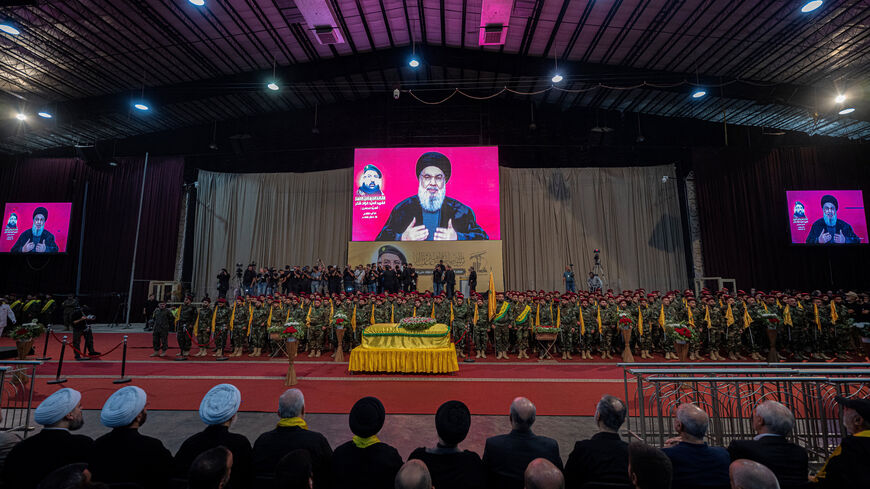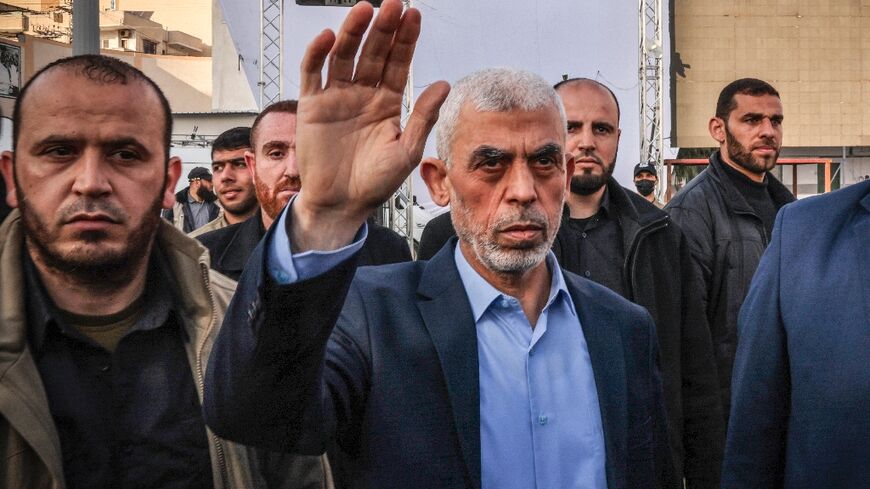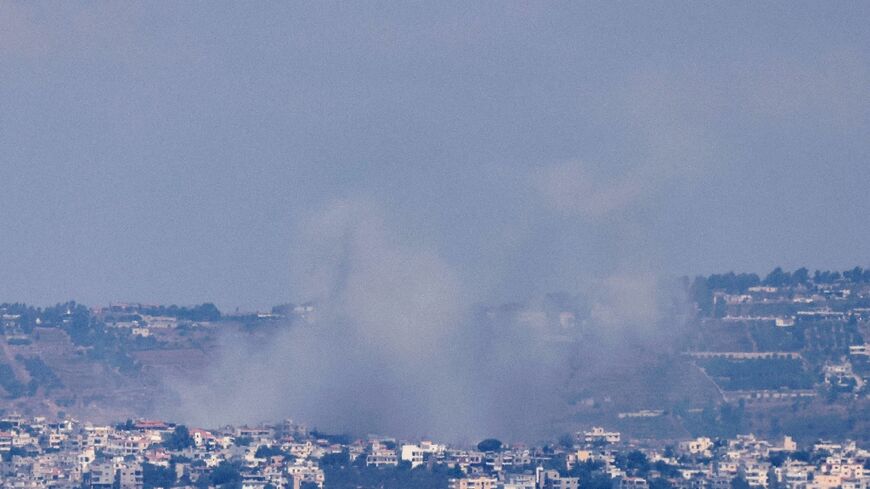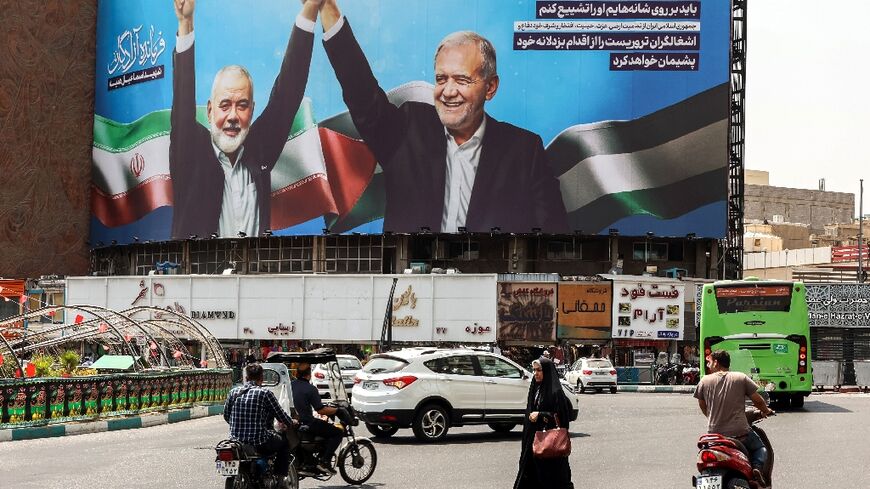Iran praises Hezbollah attack on Israel

Iran on Monday praised the drone and missile assault by Lebanon's Hezbollah group on Israel, saying its arch-foe had lost the ability to prevent such attacks amid heightened regional tensions.
Hezbollah leader Hassan Nasrallah on Sunday said the group, which is backed by Tehran, had launched a large-scale attack on Israel, targeting "the Glilot base -- the main Israeli military intelligence base".
Israel's military said the installation was not hit.
"The Zionist regime may be able to hide, distort or censor some facts regarding Lebanese Hezbollah operations, but it knows very well that the existing facts will not change," Iran's foreign ministry spokesman Nasser Kanani posted on X.
"The Israeli terrorist army has lost its effective offensive and deterrent power and now must defend itself against strategic strikes."
Kanani noted that the Hezbollah attack "extended deep into the occupied territories", and said the "strategic balance has undergone fundamental changes" to the detriment of Israel.
He also criticised the United States for its "comprehensive" support for Israel, which had failed to "predict the time and place" of Hezbollah's actions.
Parliament speaker Mohammad Bagher Ghalibaf on Sunday compared the attack to the "defeat" of Israeli forces in the 2006 war with Hezbollah.
"Today's defeat of the regime was on a par with the defeat in the 2006 operation, and they cannot hide this defeat," he posted on X.
Israel on Sunday launched air strikes into Lebanon, saying it had destroyed "thousands" of Hezbollah rocket launchers and thwarted a major attack.
In a televised address, Nasrallah said his group had carried out a two-phased attack, first launching "340 Katyusha rockets" at 11 military positions in northern Israel and the annexed Golan Heights.
Hezbollah militants have traded near daily cross-border fire with Israel since their Palestinian ally Hamas's October 7 attack triggered the war in Gaza.
Fears grew of a wider regional conflagration after the killing of Hamas political chief Ismail Haniyeh in Tehran and Hezbollah commander Fuad Shukr in Beirut.
Iran and its allies Hamas and Hezbollah have accused Israel of being behind both killings and vowed to seek revenge.
Iranian Foreign Minister Abbas Araghchi posted on X late Sunday that Tehran's reaction to Haniyeh's death would be "definitive, and will be measured & well calculated".
"We do not fear escalation, yet do not seek it -- unlike Israel," he added.
Israel has not said it was behind Haniyeh's killing, but has confirmed it carried out the strike on Shukr.
Hezbollah said its attack on Sunday was an "initial response" to Shukr's killing, but Nasrallah appeared to suggest in his address that the group's retaliation had concluded.





